According to information from the Hanoi Department of Education and Training, the incident occurred on the afternoon of September 16 at Dai Kim Secondary School. A student pulled the teacher's hair and pinned her down when she was confiscated a sharp toy that posed a safety risk.
The image of a student pulling a teacher’s hair, pressing her head down, and then knocking her down in the middle of the classroom shocked and left many people in disbelief. Another haunting aspect of this incident was the “soullessness” of the dozens of students in the class who witnessed the incident.
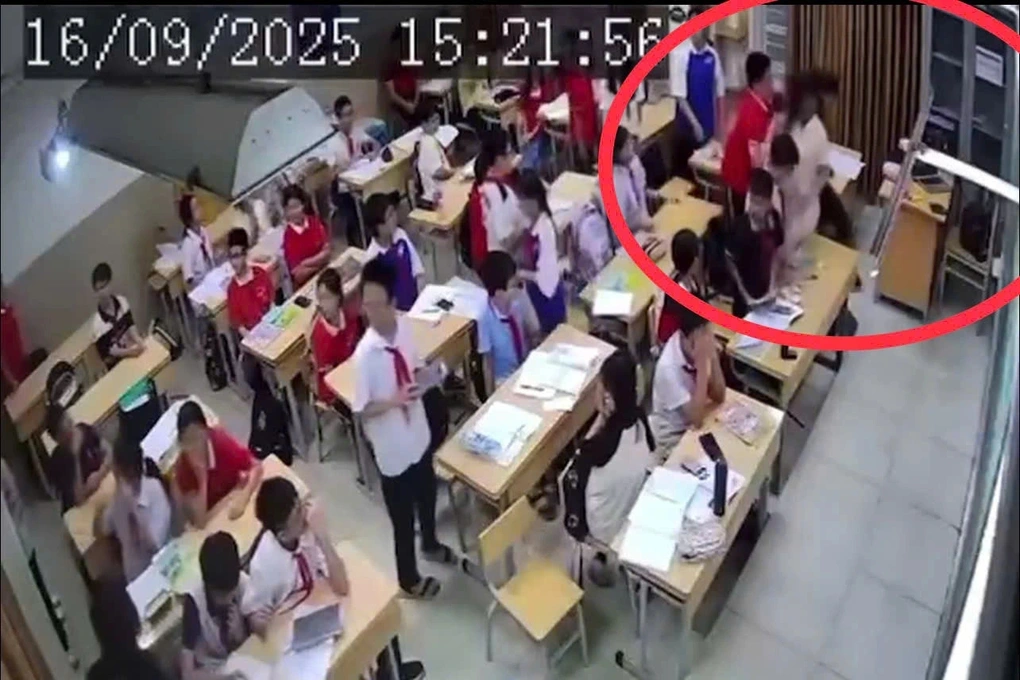
Student grabbed teacher's hair, pressed her head, and knocked her down right in the classroom (Photo: From clip).
The clip recording the incident shows that, during the time the teacher was being grabbed by the hair and pressed down on by the male student, many students in the class did not have any reaction. Not to mention calling for help, trying to support the teacher - the most common reactions - many students still sat still in their seats as if nothing was happening before their eyes. A naive, insensitive and soulless act!
Ms. Do Ngoc Mai, who has two children in primary school in Ho Chi Minh City, said that when she heard the news, she was so heartbroken that she could not cry. It was an inexplicable feeling.
The teacher was attacked in front of dozens of students but none of them reacted to stop her or made any move to support her.
While watching the clip, Ms. Mai saw 1-2 students walking towards the classroom door. She hoped they would call for help, but it seemed that they didn’t. Or maybe she didn’t see it in the clip…
Ms. Mai wondered how many excellent students there were in that class, how many good students... How many students were considered "good children, good students" but why, when faced with a real-life situation, did they completely lose their most basic reflexes?
Education expert To Thuy Diem Quyen, top 20 inspirational Vietnamese women in 2021 according to Forbes Vietnam, shared that when the students in the class saw the teacher being abused, none of them intervened, maybe they were too surprised and did not know how to react.
But through the incident, Ms. Quyen also had to question why the children had learned so many skills and had so many experiential activities, but they did not have the most basic and necessary way to respond to a specific incident.
Ms. Quyen also mentioned a recent accident where three children went out to play and two drowned. The remaining child, instead of calling for adults to rescue his friend, stood there shouting meaningless and trivial things.
According to Ms. Quyen, it seems that the child's thinking ability has been broken and leads to an inability to react normally.
As for students who attack teachers, Ms. Quyen shared that when people act violently, it can come from 3 situations.
First, a child born and raised in a family with a habit of violence will learn to solve the problem by witnessing it.
Second, parents are not violent but too indulgent with their children. This case is quite common in families that "treat children as treasures". From a young age, many of the child's mistakes are looked at with tolerance and love. All of the child's wishes are met and the child is not used to failure and the word "no".
Some parents think that giving their children freedom in all their actions is teaching them independence. So they let their children make their own decisions but do not teach them to think multidimensionally and to distinguish right from wrong.
The third is when the child slips into cognitive decline. In today's environment, this is very likely to happen not only to children but also to adults, even intellectuals. It is the downside of life being manipulated by technology and with entertainment videos that have no cultural or academic value.
A psychologist in Ho Chi Minh City also said that the most frightening and dangerous thing about school violence between students or between teachers and students is not necessarily the behavior of the people involved.
The person involved may then feel frustrated, angry, and unstable, leading to uncontrolled behavior. The most important thing to consider is the state and reaction of the surrounding witnesses - those who are in the most peaceful state of mind - to what extent they feel and sympathize with the difficulties of others.
In a topic about current education, Mr. Gian Tu Trung, Director of IRED Education Institute, shared that AI (artificial intelligence) is becoming more and more like humans, more and more surpassing humans, better than humans in many aspects, but in the end, AI is still not human.
To make humans different from AI, according to Mr. Gian Tu Trung, what education from family, school and self-education needs to do is... educate people.
Source: https://dantri.com.vn/giao-duc/vu-co-giao-bi-quat-nga-vi-sao-hoc-sinh-trong-lop-te-liet-phan-xa-20250920105933496.htm





![[Photo] Prime Minister Pham Minh Chinh chairs the 14th meeting of the Steering Committee on IUU](https://vphoto.vietnam.vn/thumb/1200x675/vietnam/resource/IMAGE/2025/9/23/a5244e94b6dd49b3b52bbb92201c6986)
![[Photo] Editor-in-Chief of Nhan Dan Newspaper Le Quoc Minh received the working delegation of Pasaxon Newspaper](https://vphoto.vietnam.vn/thumb/1200x675/vietnam/resource/IMAGE/2025/9/23/da79369d8d2849318c3fe8e792f4ce16)

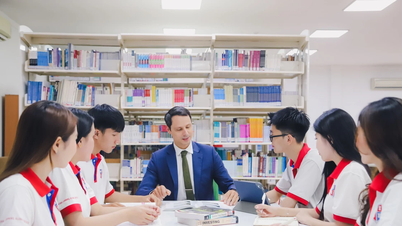

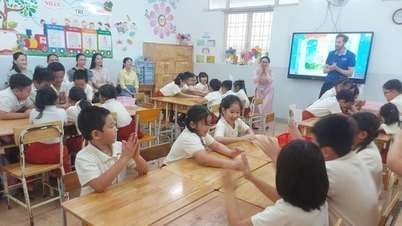



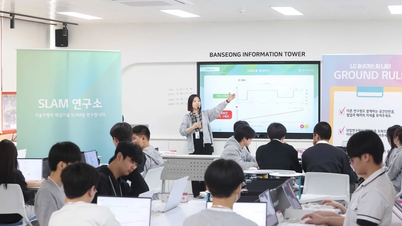

![[Video] Preparing teacher resources to make English a second language](https://vphoto.vietnam.vn/thumb/402x226/vietnam/resource/IMAGE/2025/9/24/4865b5d9672841128c5b547efba09335)















































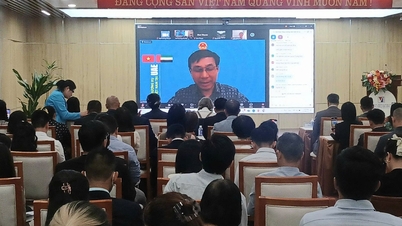









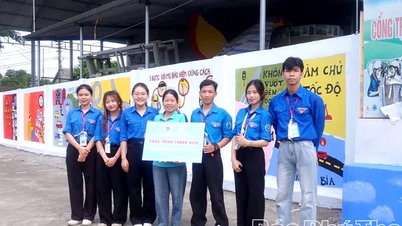








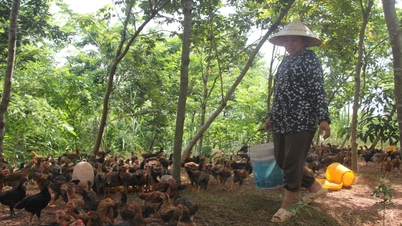
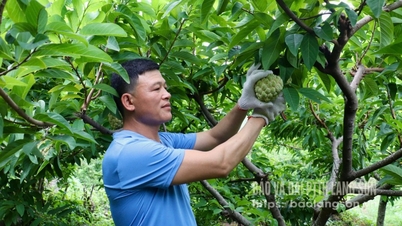

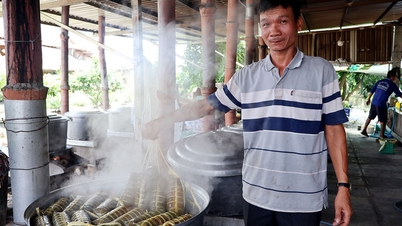



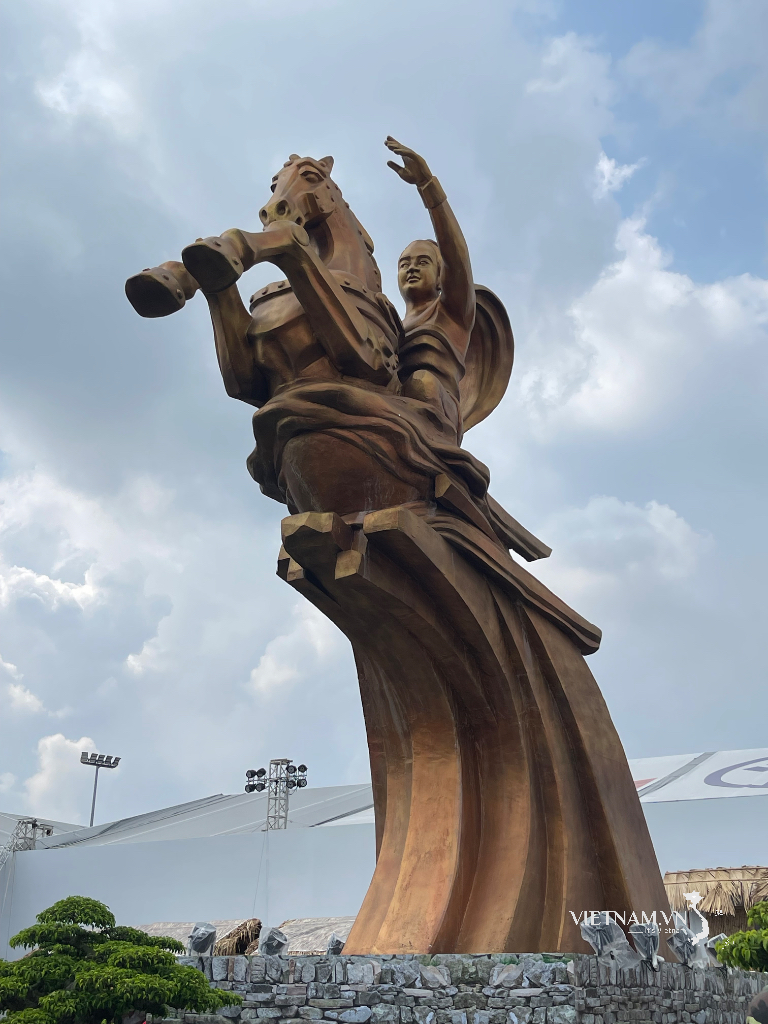


Comment (0)